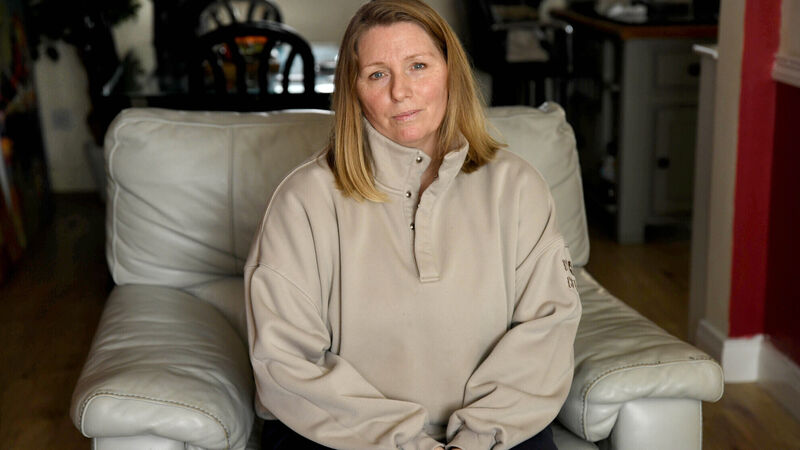Wishful thinking won't stop 'epidemic' of child sexual abuse

Georgina Tuohey whose two sons were raped and whose daughter was sexually abused by Brendan Cornally. Photo: Moya Nolan
Last month, the reported on the sexual abuse perpetrated by Brendan Cornally on his ex-girlfriend's three children.
Georgina Tuohey's two sons were raped and her daughter was sexually abused by the boxing coach, who groomed her before abusing them. One of her sons, who is autistic, has been left in a catatonic state by the trauma of the abuse. Ms Tuohey appealed Cornally's five-and-a-half-year sentence, to no avail.
















